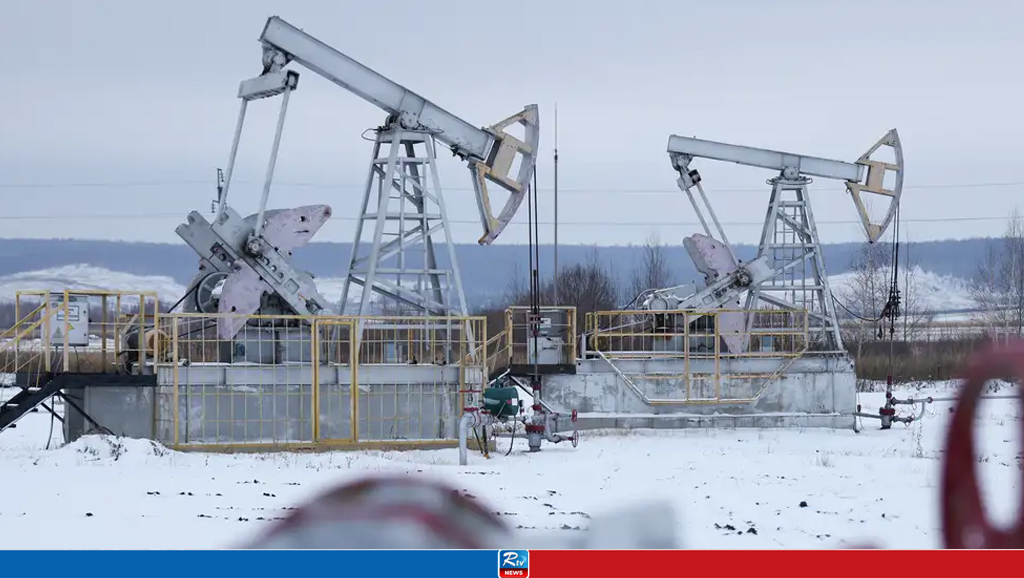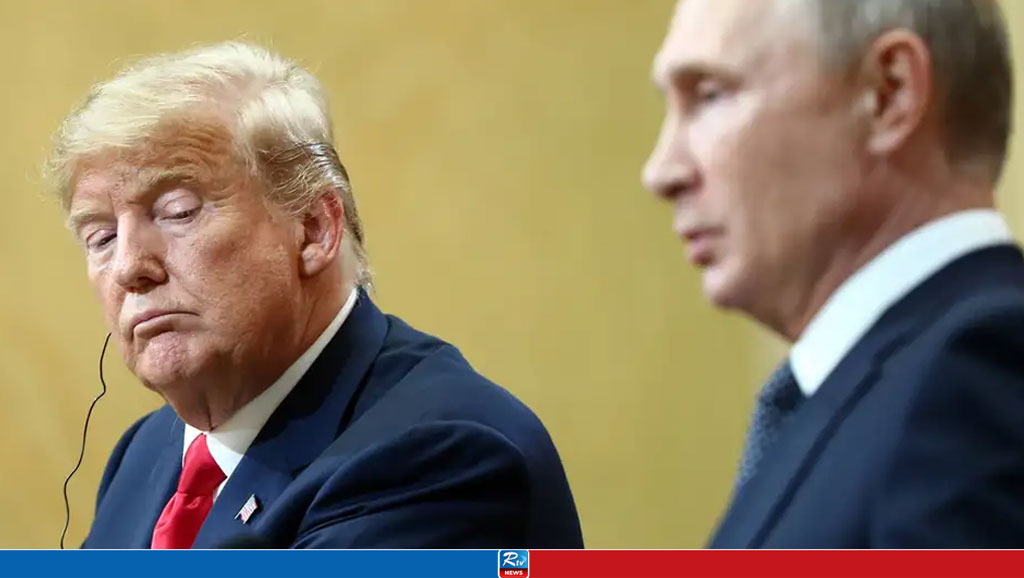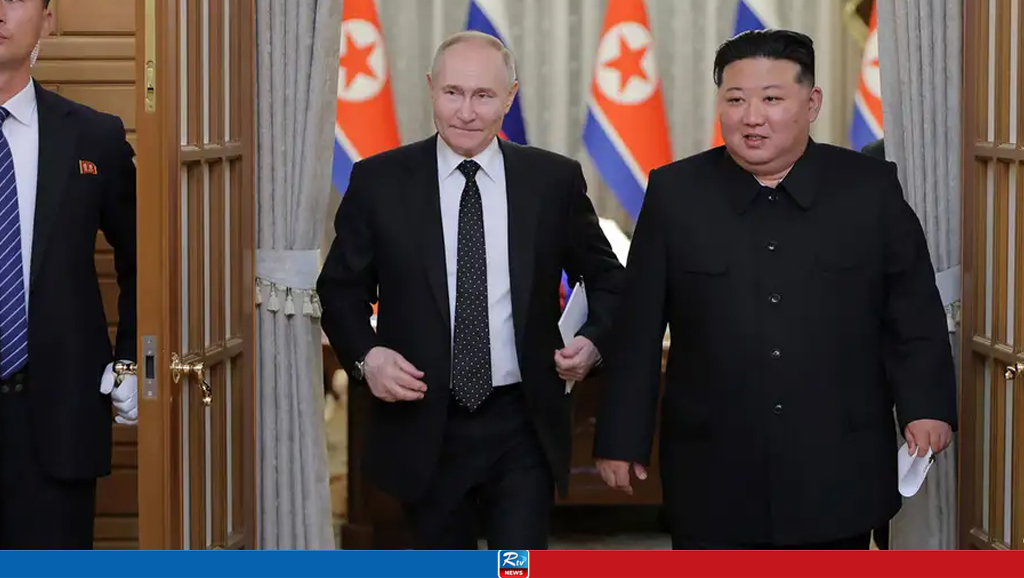Can Putin rely on India to boost Russia's war economy?
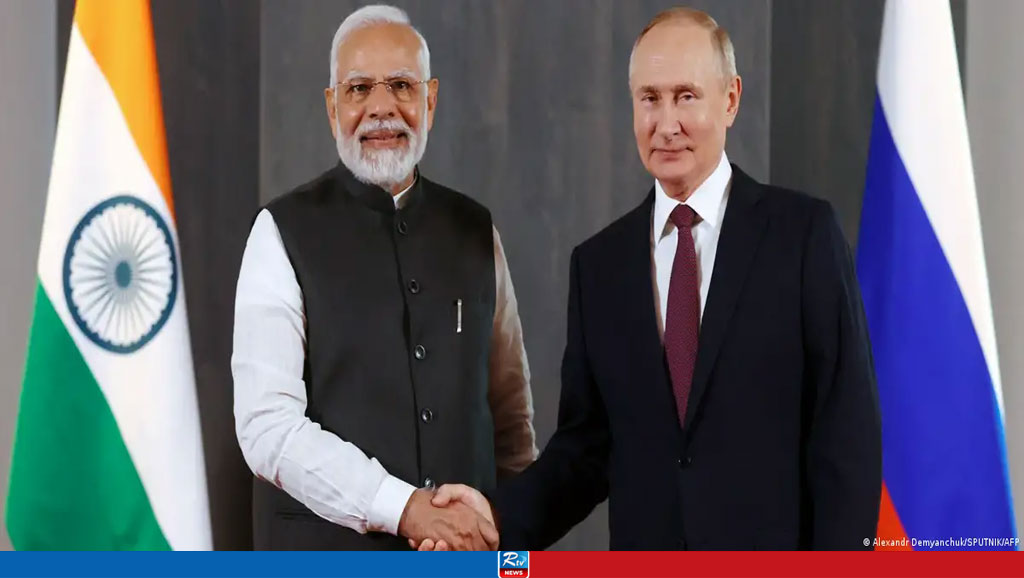
India took a lot of flak in the West for increasing imports of Russian fossil fuels in the face of Moscow's full-scale invasion of Ukraine. The world's third-largest oil importer saw deliveries from Russia jump tenfold in 2022 and double again last year, thanks to heavy price discounts. India's coal imports from Russia rose threefold over the same two-year period.
Despite accusations of funding Putin's war machine, New Delhi has justified the increase by citing India's traditional "stable and friendly" ties with Moscow and its heavy reliance on imported oil.
As Indian Prime Minister Narendra Modi meets with Russian President Vladimir Putin in Moscow next week, the Kremlin will be looking to further boost trade with the South Asian power to shore up Russia's commodity-dependent economy and lessen the impact of Western sanctions over the Ukraine war.
When announcing the talks, Kremlin spokesman Dmitry Peskov said that in addition to working together on global and regional security issues, there was "mutual political will" to boost trade and economic cooperation.
India, on the other hand, must tread a delicate path as it aims to maintain strong links with the West, seek new trade links with Moscow and retain a neutral position over the conflict.
DW looks at the current state of India-Russia trade ties and what the two leaders could agree on next.
How strong are India-Russia relations?
During the Cold War, the Soviet Union and India built a strategic partnership for defense and trade that continued after the end of communism. In 2000, Putin, then Russia's prime minister, signed a new declaration of cooperation with New Delhi.
India is a major market for the Russian defense industry — until recently its largest. During the past two decades, Moscow supplied 65% of India's weapons purchases, totaling more than $60 billion (€55.8 billion), according to the Stockholm International Peace Research Institute (SIPRI).
After Russian forces invaded Ukraine, Moscow sought to deepen its relations with India and China as a counterweight to the West. The Kremlin offered New Delhi huge discounts on oil, coal and fertilizer deliveries to boost the country's finances to fight the war.
As a result, India emerged as a major export market for Russian fossil fuels in search of new destinations in the wake of Western sanctions. In April, for example, Russian crude oil deliveries to India surged to a new record of 2.1 million barrels per day (b/d), according to the financial analytics firm S&P Global.
Bilateral trade between the two countries reached a record high of nearly $65.7 billion last year, figures from India's Department of Commerce showed. Trade is, however, massively stacked in Russia's favor, with India importing $61.4 billion worth of goods, including oil, fertilizers, precious stones and metals.
"For long, we have looked at Russia from a political or security perspective," Indian Foreign Minister Subrahmanyam Jaishankar said at an industry conference in May. "As that country turns eastwards, fresh economic opportunities are presenting themselves ... the spike in our trade and new areas of cooperation should not be regarded as a temporary phenomenon."
What are New Delhi's concerns about ties with Moscow?
While the West limited its criticism of India over the cheap oil deal with Russia, New Dehli's historic reliance on Moscow for weapons is a major concern for the US and Europe.
"New Delhi has demonstrated a nuanced approach to navigating the Russia-Ukraine conflict, staying on good terms with Moscow and the West," Aleksei Zakharov, a researcher on Indian foreign policy at the French Institute of International Relations (Ifri), wrote in a paper last month.
Zakharov wrote of "structural challenges" that he said "appear to still prevent the two sides from reinvigorating the economic ties, adding that the defense cooperation between Russia and India is currently "in a state of limbo," partly as the Ukraine war and Western sanctions have hobbled Russia's arms sector.
Comments
7.4 Magnitude Earthquake Hits Vanuatu, Killing 14 and Leaving Thousands Affected
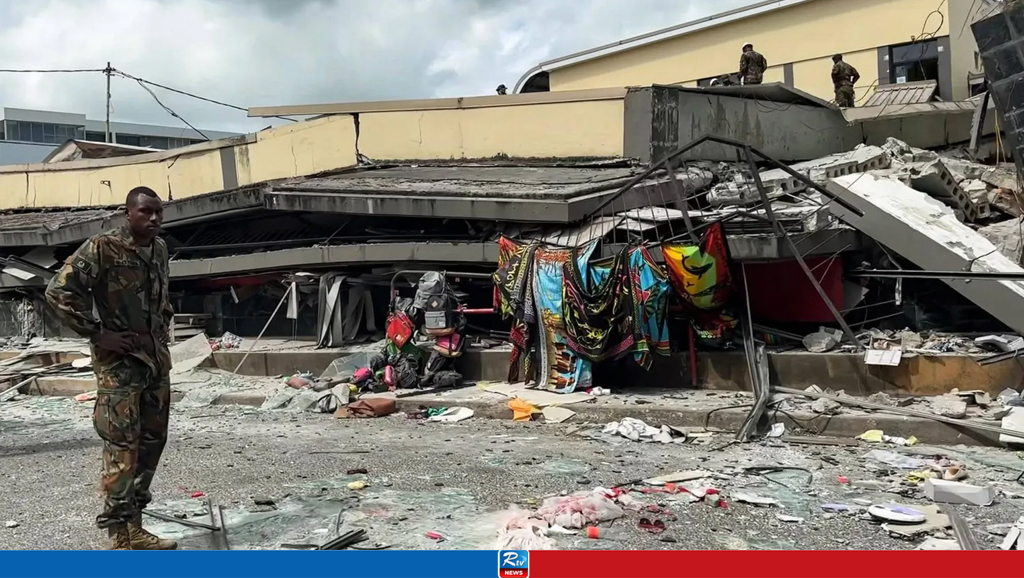
Trump Threatens to Impose Additional Tariffs on Indian Goods
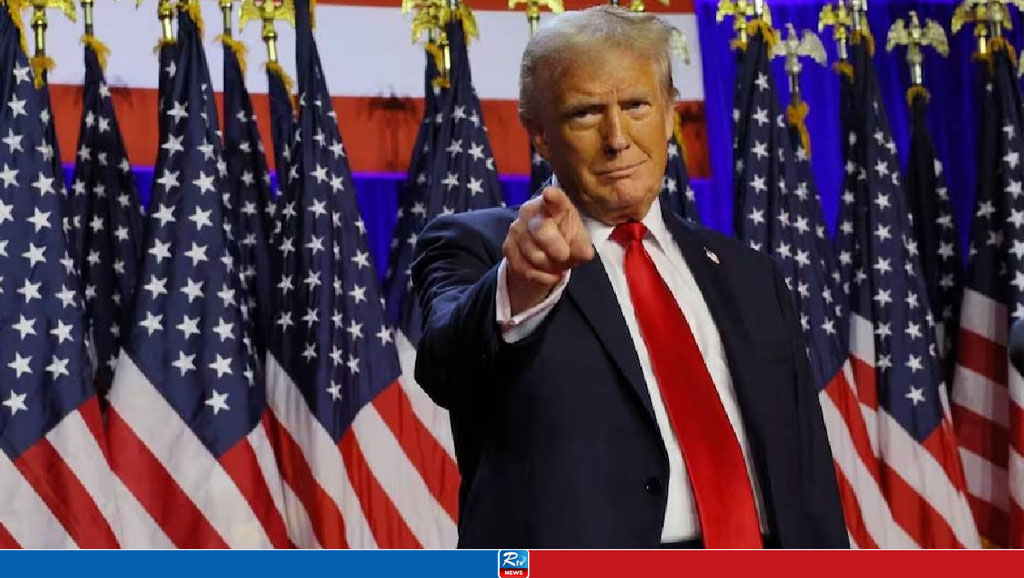
Germany: Dresden Opera Visitors Fall Sick
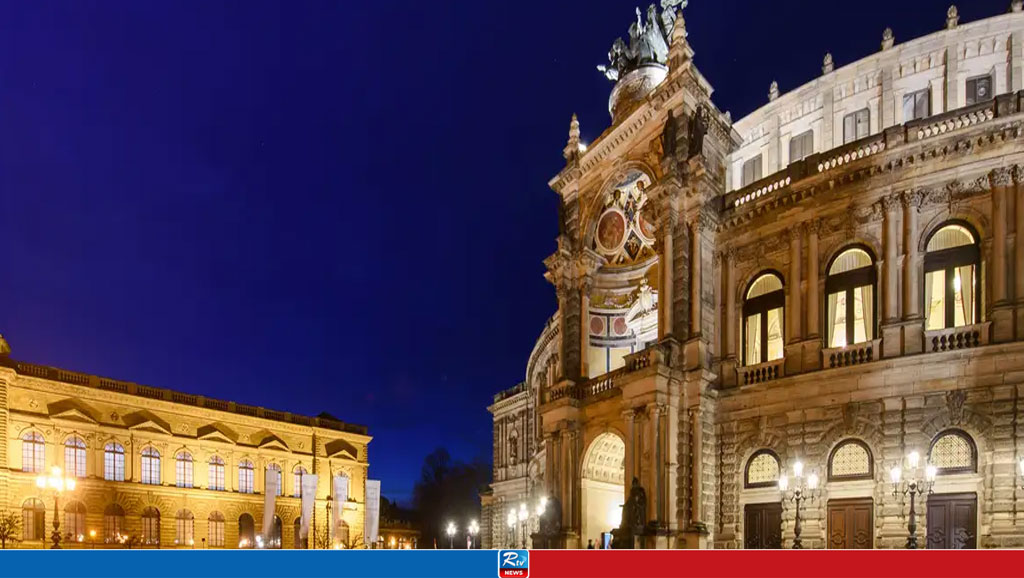
US Responds to Sheikh Hasina’s Alleged Role in Enforced Disappearances
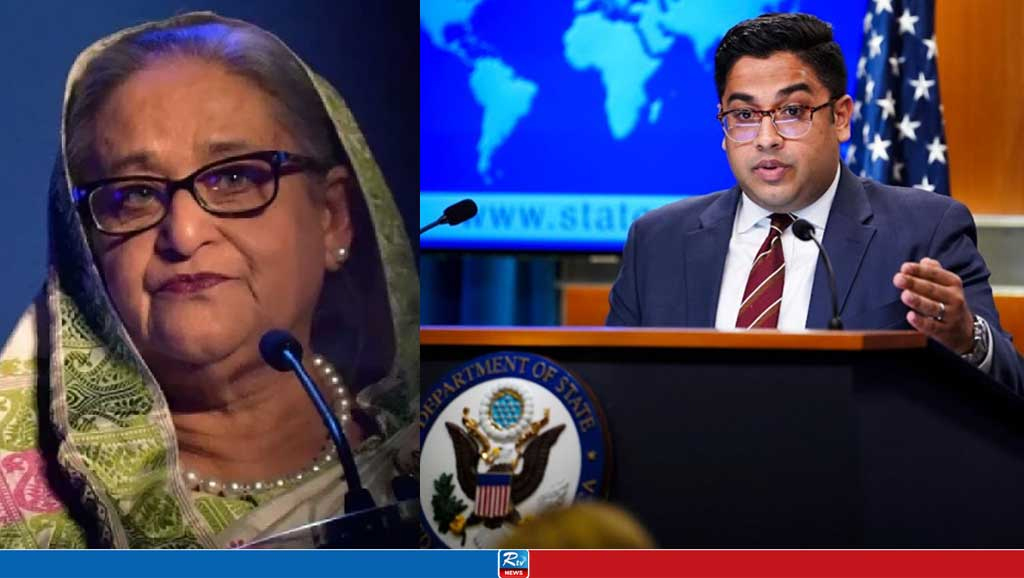
Chinese National charged with Acting as Beijing's Agent in Local California Election
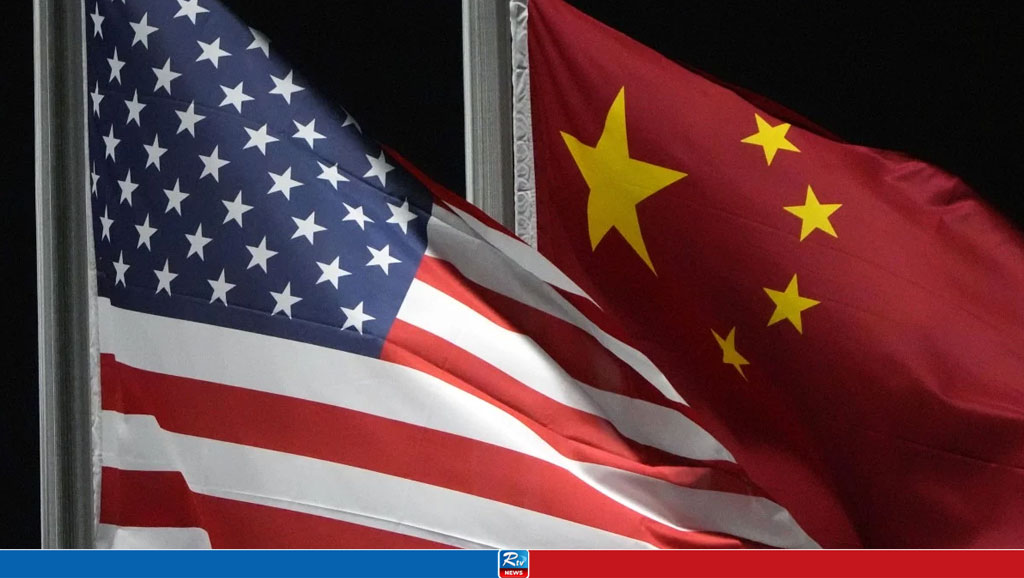
Can China Shield the Biggest Uninsured Economy From Floods?

China Taken Efforts Consistent with 'Transnational Repression': US
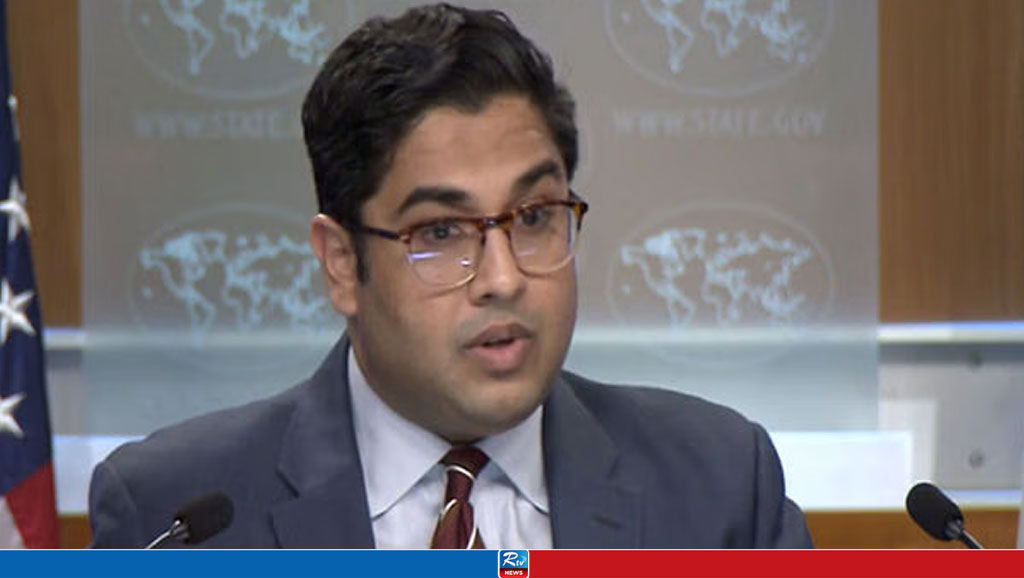

 Live Tv
Live Tv

